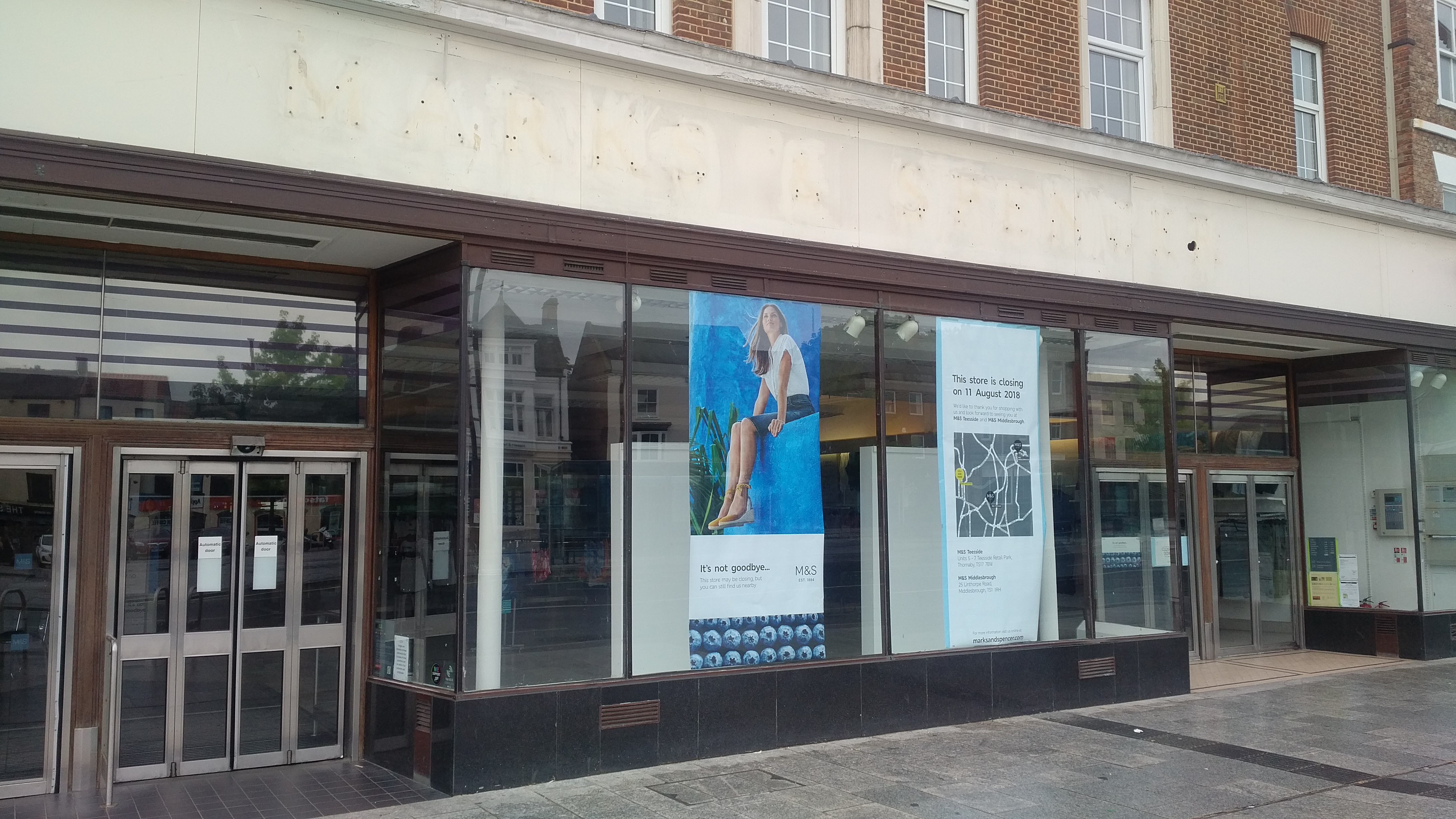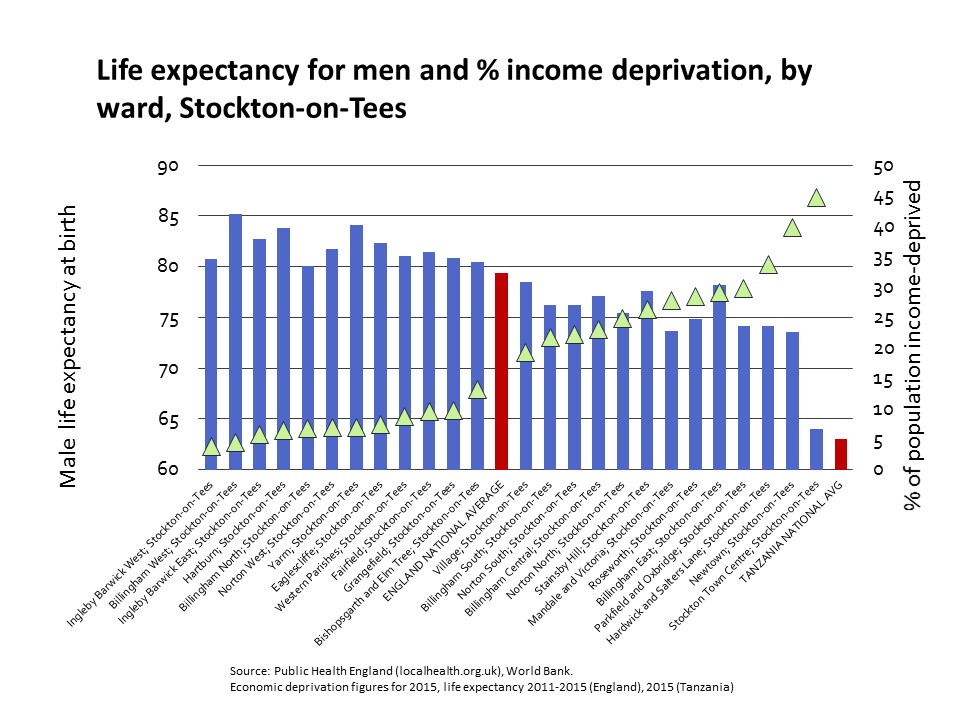I have argued for many years that public finance is a public health issue. Against the odds, this view appears to be gaining credence. The Disease Control Priorities Project is a massive effort to identify the most ‘cost-effective’ options for improving health, funded by the Bill and Melinda Gates Foundation and organised by the World Bank. The authors of a summary of its nine volumes of recommendations argued that ‘[i]n all likelihood, the finance ministry is the most important ministry (after health) for improving population health’. Their argument related mainly to the options for taxing such health-destructive commodities as sugary drinks, while reducing subsidies on fossil fuels. These are all laudable and important objectives, but we must go further. Finance ministries are the most important ministries for improving population health – first, because they determine the budgets available to health ministries; second, because their policies determine the capacity of governments to meet health-related economic and social policy objectives (through taxation) and the distribution of the benefits of those policies (through their expenditure priorities).
In the United Kingdom, since 2010 we have witnessed an especially striking illustration of this point. Tax and benefit policy changes have substantially reduced the incomes of those households near the bottom of the economic distribution, with minimal impact on those near the top. Food bank use has increased sharply, and this is almost certainly only the tip of the health impact iceberg; the most deprived local authorities, which derive much of their income from central government, have been hit hardest by budget cuts and are closing libraries and preventive services like smoking cessation, even as the National Health Service simultaneously cuts back on stop-smoking prescriptions. Indeed, the NHS as a whole is in a state of continued crisis because of government’s unwillingness to provide adequate funding from general tax revenues. Meanwhile, corporate tax policy allows firms like Amazon to pay minimal taxes in the UK, even as their low operating costs – thanks to a perverse structure of business rates (taxes) – contributes to the destruction of high street retail. This is likely to have at least indirect health consequences, for example as town centre dwellers whose age, abilities or finances mean they cannot hop in the car and drive to a suburban shopping park lose ‘control over destiny’.

Against this background, central government continues to commit tens of billions of pounds to megaprojects like high speed intercity rail lines and foreign-built atomic power stations. (Since this posting was written, George Monbiot has pointed out in The Guardian that a motorway from Oxford to Cambridge is likely to be added to the craziness.) If the World Health Organization’s important message of health in all policies had been taken seriously, at the very least we would have independent, peer-reviewed health impact assessments of these expenditures, including alternative uses of the funds committed and of the ‘do nothing’ option. Based on decades of experience with environmental impact assessments, these are essential. Such assessments are nowhere to be found; health economists’ ritual incantation that resources are limited so priorities must be set clearly does not apply here.
All this will be familiar even to casual observers of UK politics, and has parallels elsewhere, although the public health community has too often remained silent about them. At the same time, once-radical perspectives on the revenue side of the fiscal policy equation are moving into the mainstream of policy analysis, if not yet of politics. In 2013, the former head of Canada’s national public service and his son published a powerful edited volume called Tax is Not a Four-letter Word, and decried Canada’s ‘dangerously distorted tax conversation’ – sadly, to little effect. In February 2018, The Economist warned that ‘[I]f Britons want good public services’ as an alternative to the current collapse, then ‘they will need to pay more’ and hinted at the need for some form of wealth taxation. In August, it was more explicit. A leader noted that ‘Amazon’s British subsidiary paid £1.7m ($2.2m) in tax last year, on profits of £72 m’ – an effective tax rate of less than three percent. The leader also foregrounded the need to tax windfall gains from rising property values ‘in big, global cities’ – which without an effective inheritance tax regime will magnify economic inequalities across generations – and to reform corporate tax regimes to address the ability of firms like Amazon to shift their revenues to low-tax jurisdictions. Further, it noted that ‘[a]s the labour market continues to polarize between high earners and everyone else’, with labour’s share of national income in much of the world in a decades-long decline, ‘income taxes should be low or negative for the lowest earners’. A briefing in the same issue explores one intriguing option – a land value tax, which would capture windfall gains in prosperous areas – in considerable detail. (Today, taxes on residential property in England and Scotland are assessed on real or hypothetical value in 1991, with a capped ‘top band’ that corresponds to just a small fraction of today’s seven- and eight-figure prices.)
Unfortunately, The Economist did not extend its analysis to such policy options as comprehensive wealth taxation or higher marginal tax rates and alternative minimum taxes on high-income individuals. Nevertheless, its critical attention to public finance offers the possibility that ‘distorted tax conversations’ may become less so – offering prospects for reducing health inequalities by way of their essential economic substrate. In these grim and disturbing times, we must seek faint hope where we can.
This posting appears as well on Policies for Equitable Access to Health.

